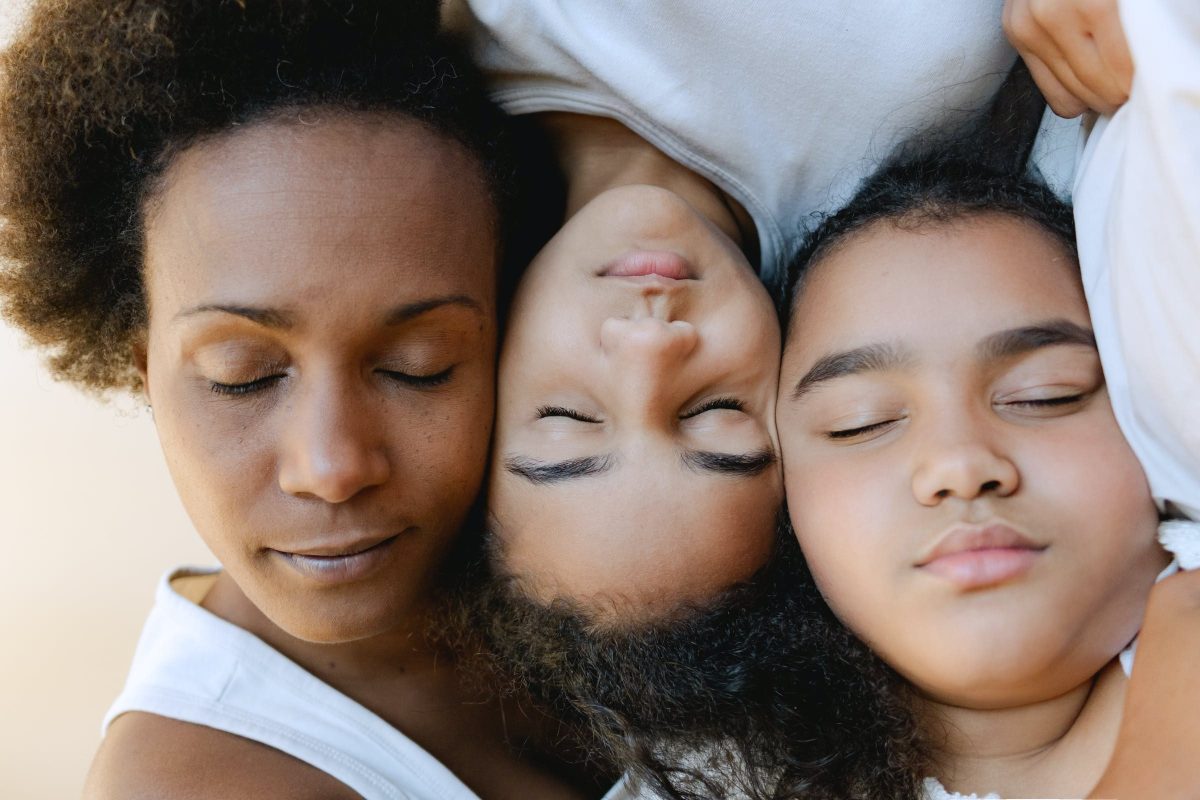
Source: Public domain / Pexel, Nappy.co
As her mother, I had the duty to answer them in a way that was age-appropriate and accurate and set the foundation for their moral code. She already knew that when sperm meets egg and the embryo grows, it can turn into a baby. But then I had to explain the mechanics of pregnancy and fetal viability and what it means to remove a fetus from a uterus before it can survive on its own. I punctuated the explanation with how I personally feel about abortion: that it is not something that is or ever would be right for me but is still very much a tool and a right every woman should have in her arsenal as she plans her own parenthood.
My feelings on this matter are complicated and raw, steeped in pain and familial history, patriarchy, racism, and abuse. They point directly to my very beginnings. See, I am adopted. The only thing I know of my origin story is that someone left me, a newborn, on a stoop and my parents found me in an orphanage not too long after that. Over the years, I’ve drawn lines to different scenarios of who my birth mother is and how it came to be that she did not raise me and each of those scenarios lead directly back to only one thing I know to be true: rather than abort me, she carried me in her belly and birthed me and that decision, whether purposeful or made (most likely) under duress, is why I am living and breathing in this body. This is my reality, for which I am grateful, and also the reason why I decided long ago that if my body saw fit to do its part to make a baby, I would see the pregnancy through because, one, that is what my birth mother did for me, and two, I’ve always wanted very much to have babies, the only humans I know for sure whose blood would be the same as mine.
“The Supreme Court’s decision will spark a new—and entirely preventable—public health crisis for Black women in the United States,” Blount wrote in the Los Angeles Times.
As I pressed packets of condoms in their hands, I warned my daughters to delete the period-tracking apps on their phones and to be hyper aware of how their reproductive queries and decisions—easily traceable through the digital footprints on their phones—can now officially put them on the pregnancy to prison pipeline in at least 24 states, including the one in which we live.









